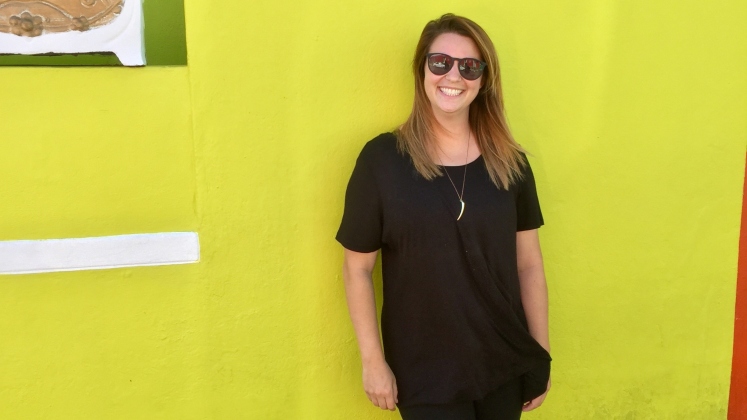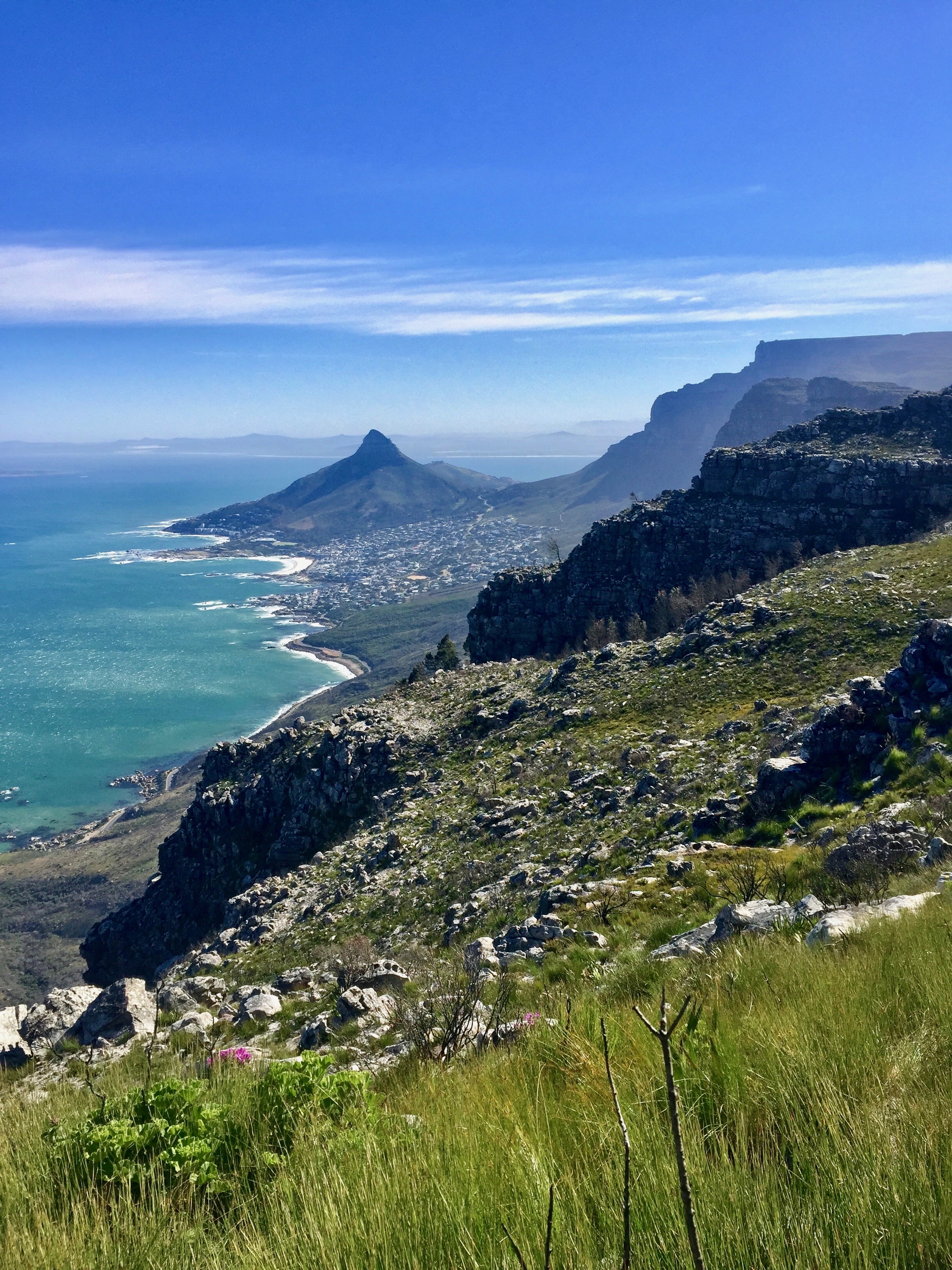LSE is committed to producing global citizens and providing students with opportunities to enhance their degrees. This is why we have been sending students to spend two to three months to one of our institutional partners.
Read about Katherine's time in South Africa, and see whether this exchange opportunity might be for you too.
 Why did you apply to the Partnerships PhD Mobility Scheme?
Why did you apply to the Partnerships PhD Mobility Scheme?
My entire relationship with Cape Town happened by accident. My doctoral thesis began as a global case study of German naturalists in the British Empire (late 18th/early 19th century). However, as I was researching in my first year, the number of links to the Cape of Good Hope and the Cape Colony was overwhelming, so I finally narrowed my topic to one single locality rather than one that had expansive global aims. Within a week of deciding this, a colleague introduced me to the Mobility Scheme which, to my extreme luck, had a partnership with the University of Cape Town.
As things snowballed after this discovery, it was fairly obvious that it would be necessary to conduct archival research in the Cape. The Partnership PhD Mobility Scheme provided me with the necessary funding to fly and reside in Cape Town, as well as the institutional link to access UCT’s libraries and make contacts with academics based there.
What was the best part of your time abroad/What were the best moments of your visit?
Where do I even start?! I suppose the first thing to say is that the material I found in the archives in Cape Town was incredibly rich and my project has blossomed as a result. If you asked me to explain my project now it would be completely different to what I would have said before I left in September. In many ways that’s a testament to how beneficial this research trip was.
However, all my time wasn’t spent working! I truly enjoyed getting to experience the spirit of the city and its people. As this was my first visit to the Cape region, I intended to make the most of my free time. The weekends were always jam packed with visits to local markets, hiking Table Mountain, sitting by the beach, and trips to the Stellenbosch and Franschhoek wineries. Also, the produce, seafood, meat, wine, everything was so delicious and fresh it made every meal a true culinary experience.
How will you use what you learned there?
One of the most important aspects of conducting fieldwork in Cape Town was the actual experience of being there. When you study a place with such a complicated and contested history, setting your eyes on the landscape, city streets, historic buildings, etc. can often be the most important factor in attempting to fully comprehend your chosen historical topic. It’s one thing to read about a place, but it’s difficult to understand that place without understanding and visualizing where historical situations take place as you read them. So, when my protagonists complain in their diaries about having to cancel a hike because of the infamous ‘table cloth’, I can now fully relate to their frustrations.
How was life at UCT compared to the experience you have had in London?
The University of Cape Town is an extremely beautiful campus with a vibrant student culture. There’s an active community of students who are attempting to emancipate the university from its imperial past (#DecoloniseUCT) and bring down student fees (#FeesMustFall) which isn’t too dissimilar from issues that UK universities are currently facing. Similarly, becoming active in South African academia, with its core arguably at UCT, alerted me to different historiographies, approaches, and debates that are taking place outside of the UK and Europe that are valuable to consider and which I might not otherwise have noticed.
What are your top tips for potential applicants?
Cape Town might not be the first place you think of as a potential destination for academic work, but my advice would be to do your research and consider it. For people working on geography, the environment/climate change, public policy, development, history, and so many other topics, Cape Town and the university both have so much value. On a more practical note, be sure to contact your potential supervisors early and state your intention of what you hope to achieve with their guidance during your visit. When it comes to gaining access to institutions, Cape Town is very relaxed so there’s not too much need to contact them beforehand about visiting. The staff at these places are incredibly friendly and willing to help, and their databases are, for the most part, easy to use.
Is there anything else that you would like to share with others?
HAVE FUN! Sure, you’re visiting to do research, but I’ve always ascribed to the ‘work hard, play hard’ motto. Balance your work so you have time to enjoy everything the Cape region has to offer (and there’s A LOT). Engage with locals and be part of South African life. It will help shake you from your engrained patterns of thinking, whether about history or life in general. And finally, think about what time of year you visit - go during London’s winter. Who doesn’t want to skip over the winter season if they have the option? Having twelve extra weeks of summer was probably the best decision I made.
